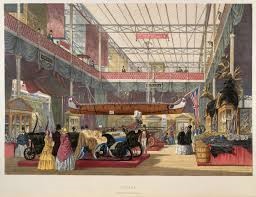How are we to make the case for the value of different kinds of knowledge at a time when both the humanities and universities in general face unprecedented pressures? Prof. Paul Keen is organizing a two-day workshop in early June that seeks to address this question.
Taking its cue from Stefan Collini’s warning about the reductive opposition between “useful” and “useless” knowledge that has too often distorted these debates, “Working Knowledge: Thinking Through Culture, 1780-1830” pushes back against these sorts of polarized assumptions by situating our current debates within a longer historical context. It focuses on the ways that an analogous set of questions about the nature and role of different kinds of knowledge circulated in the late-eighteenth and early-nineteenth centuries — the era when many of the cultural and institutional features that are now the main focus of our debates developed. The workshop is energized by the hope that this longer historical perspective can help us to understand the pressures we face today in fresh ways as universities, and the humanities in particular, position themselves to respond to new social, economic, technological, and cultural challenges during our current moment of radical change.

All sessions will take place in the Lady Elgin Room at the Lord Elgin Hotel in Ottawa (June 11th and 12th). Registration is free, but please contact paul_keen@carleton.ca or jsachs@algol.concordia.ca to confirm your attendance.
See the full program here.